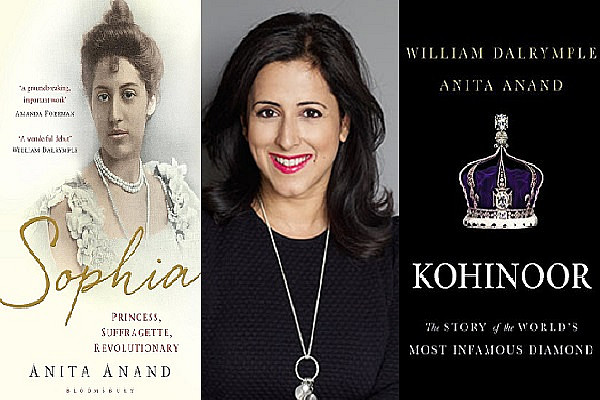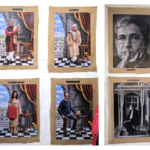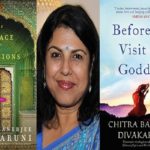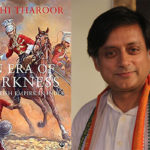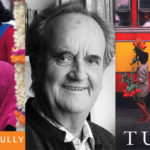ZEE JLF Conversations: Anita Anand
On her books being centred around both Indian and British themes
“It’s not a coincidence, I think it’s because of who I am. My parents are Indian and I was born and raised in England – on some level it must be in my blood to be fascinated by both these places. I keep thinking of topics that appeal to both audiences. I’m working on my next book now, and it’s also very much about the relationship between the two countries. I don’t know why I can’t get out of the orbit of the subjects, but I don’t mind it either.”
On beginnings
“I never wanted to be a writer at all. I felt Sophia: Princess, Suffragette, Revolutionary had to be written, because no one had done it before, and I couldn’t understand why this extraordinary woman didn’t have a book on her. I was so fascinated by Duleep Singh, Ranjit Singh and Punjab, and in Sophia… the Kohinoor has just a cameo role. It was the same for Willy (William Dalrymple, co-author) who had just written Return Of The King on Afghanistan. So we just decided that we had bits of a story that really needed to come together. That’s how Kohinoor came about.
Why Sophia came to be
“I think history always does a disservice to women. For so long, it’s just been men writing about wars, battles and canons. They’re very seldom interested in the women, even though they’re arguably more interesting than the fellows, who can be predictable. There was an effort made for Sophia to be erased from history, as there was no need for another figure of resistance for the British during the rule. After Independence, India had new people to venerate, and there was very little room for anyone else. So this catastrophe of coincidences meant her story got lost, and I hated that. It’s been a complete privilege to put her story out.”
On challenges
“It was getting all the source material. There’s a collection of Duleep Singh’s papers no one’s looked at – it was like pulling threads and having an avalanche fall down. I went to her house in Britain, asked around, and found people who gave me bits I could put together. Then I hit pay dirt, when I found her goddaughter – I stayed with her for a few days –and she gave me albums and letters.”
On biographies
“I think you have to give your subject the room to be human. You can’t feel like they let you down. It makes the people more interesting, more extraordinary, when you know a human being could do such heroic things. I like the fallibility.”
On the legend of the Kohinoor
“It is the looking glass through which you tumble and see the relationship between India and Great Britain during the Raj. It symbolises so much more than a jewel. It is not just a pretty bauble like many others. It’s linked to the rise and fall of so many empires, which is what we’ve tried to put into the book. It’s talismanic in a way, and represents power and dominion. I think there are more stories associated with this diamond than any other jewel around. We wanted to show readers the true history of it, and let them make the decision on who it belongs to.”
On books she likes to read
“I’ve got a project going on at the moment, so I’m obsessively reading and researching that now. I love biographies, history…I think Sunil Khilnani writes so beautifully, and William Dalrymple is amazing. People who bring the past alive, I rate them highly. I’m looking forward to getting back to reading fiction.”
On literature festivals
“I’ve seen pretty much every literary festival there is to see around the world! I love them. They’re melting pots of ideas, and glorious places to hang out.”
Read our interview with Anita on her debut book Sophia here.
Related posts from Verve:
Verve Trending
Sorry. No data so far.
us on Facebook to stay updated with the latest trends

